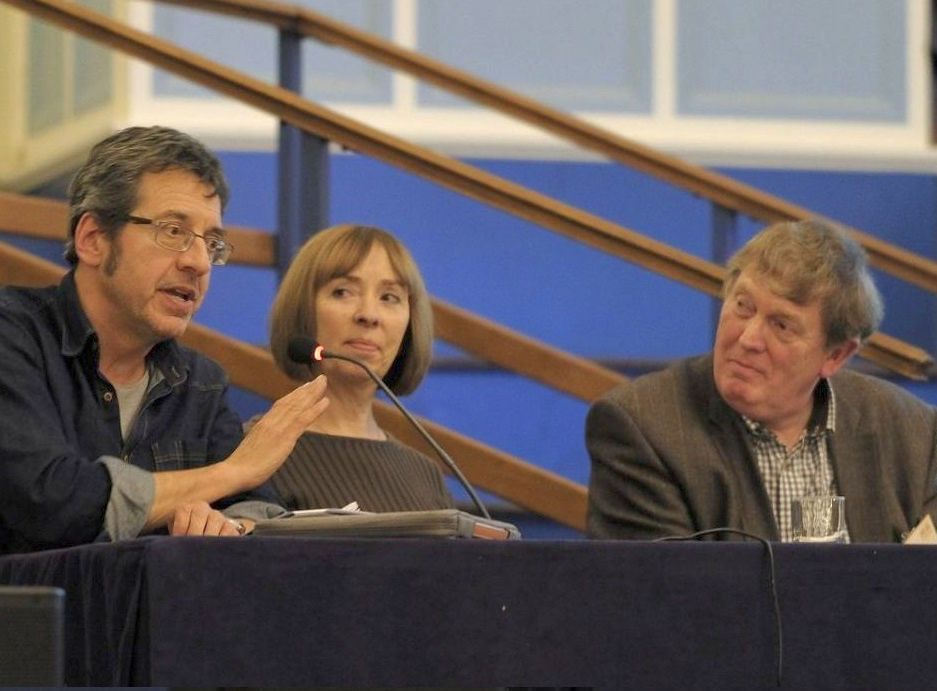
What the public should eat to be healthy while being environmentally friendly was hotly contested at the Oxford Real Farming Conference.
Sarah Sands, editor of the Today programme on Radio 4, chaired the lively panel debate last week (9 January).
It featured green campaigner George Monbiot, food writer Joanna Blythman, Sustainable Food Trust (SFT) policy director Richard Young, organic vegetable grower Peter Segger and SFT CEO Patrick Holden.
Mr Monbiot set out his case that livestock farming must end in order to allow the natural world to regenerate and prevent irreversible climate change.
He also gave his backing to hi-tech solutions and argued that lab-grown protein produced from hydrogen and air is the future.
The environmental activist said this method would be able to feed the public in a few years without farmland being used, except for the growing of organic vegetables from stockless systems.
Sustainable Food Trust (SFT) policy director, Richard Young, agreed with almost all of Mr Monbiot's concerns about the impact of intensive agriculture and the threat from global warming.
However, there was disagreement about grazing animals, which the SFT sees as central to the development of sustainable food systems, especially in countries like the UK where grass grows well and over half of farmland is unsuitable for cropping.
In a series of examples, Mr Young showed how Mr Monbiot has built his position on exaggerated claims, occasional misquoting of a source and global statistics not relevant to the UK.
He showed how in the Channel 4 programme Apocalypse Cow Mr Monbiot claims that the carbon footprint of eating 4kg of beef is greater than that of flying from London to New York and back.
But data from a paper Mr Monbiot has previously used himself shows that he exaggerates by 400%, based on the most extreme example, and 2200% for the best examples from the UK.
Journalist Joanna Blythman said that she had looked into the plant-based diet but wouldn't be adopting it because it didn’t meet her criteria for health or living within planetary limits.
She said: “For me, any diet that automatically leaves you nutritionally deficient in essential micronutrients, a diet, which by definition, isn’t nutritionally complete enough to sustain healthy human life is a non-starter.”
The food writer also analysed the global EAT Lancet diet which recommends the consumption of only small amounts of food derived from animals.
She pointed out how inappropriate this would be for vast swathes of the world where the populations suffer from under-nutrition.
“When ideologues living in affluent countries, countries where obesity and Type-2 diabetes are rampant, pressurise poor countries to eschew animal foods and go plant-based, they are displaying crass insensitivity, and a colonial 'white saviour' mindset,” Ms Blythman said.
Peter Segger, an organic vegetable farmer, also raised the issue of nutrition. He said that the government is doing little to address the decline in nutritional value of fresh produce and that this jeopardises future health and sustainability.
Patrick Holden, CEO of the SFT, ended the session by asking for people to work together and imploring George Monbiot to reconsider his stance against farming and grazing animals in particular.
Speaking directly to him he said: “We need your support. We need to get back to producing food in harmony with nature without diminishing our natural capital.”
